How to Start an Anonymous Blog in 5 Easy Steps
Category: Web Design

6 mins read
Blogging can be a powerful tool for sharing your thoughts and ideas with the world. However, many people are hesitant to start a blog because they fear the potential repercussions of sharing their opinions online. That's where anonymous blogging comes in. By making an anonymous blog, you can share your thoughts and ideas without fear of judgment or backlash. In this article, we'll explore the reasons of setting up an anonymous blog and provide you with tips and tricks for getting started.
In this article:
Part 1: Why Should We Blog Anonymously
There are many reasons why someone might choose to start an anonymous blog. Here are just a few:
- Freedom of Expression: An anonymous blog allows writers to express themselves freely without the fear of being judged or facing any negative consequences in their personal or professional lives.
- Protection of Identity: An anonymous blog offers protection to the blogger's identity, keeping them safe from online harassment, stalking, and other forms of abuse.
- Privacy: Some individuals may choose to create an anonymous blog to keep their personal life separate from their online persona. This allows them to maintain
- Political or Social Activism: Anonymous blogging can be a powerful tool for political or social activism. It allows individuals to voice their opinions and advocate for change without putting their safety or well-being at risk.
- Creative Outlet: Some bloggers may choose to remain anonymous as a way to explore their creativity and write without the pressure of conforming to a particular niche or audience.
Part 2: Tips to Start an Anonymous Blog
1. Choose a secure platform
When starting an anonymous blog, it's important to choose a platform that prioritizes security and privacy. Some popular options include WordPres, Tumblr, and Ghost. Each platform offers unique advantages that may appeal to individuals looking to create an anonymous blog.
- WordPress: a highly customizable platform that allows you to create a blog with a wide range of features. It offers various privacy and security settings, allowing you to create an anonymous blog that is not easily traced back to you. Additionally, WordPress is user-friendly and offers a vast array of themes and plugins that can be used to customize your blog's appearance and functionality.
- Tumblr: a microblogging platform that is ideal for creating shorter, more concise posts. It also offers a higher degree of anonymity than other platforms, as users can create blogs without providing any personal information. Additionally, Tumblr's reblogging feature allows your content to reach a wider audience, making it a great choice for those who want to build a following.
- Ghost: a minimalist blogging platform that focuses on simplicity and ease of use. Ghost is designed to be user-friendly, making it a great choice for individuals who are new to blogging. Ghost also offers various privacy and security settings, allowing you to create an anonymous blog without sacrificing security. Additionally, Ghost is optimized for speed and performance, making it a great choice for bloggers who want their site to load quickly.
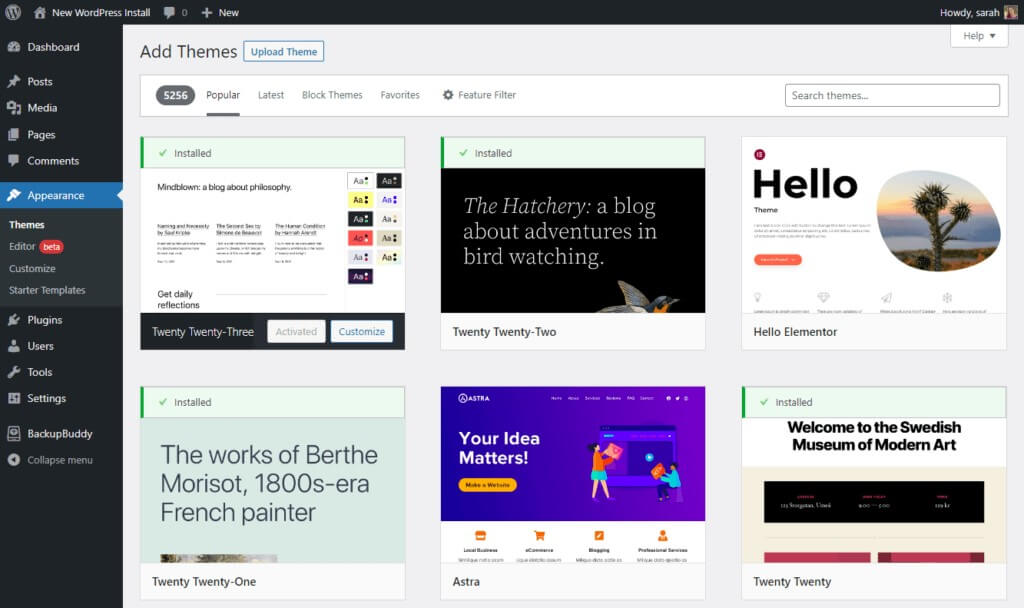
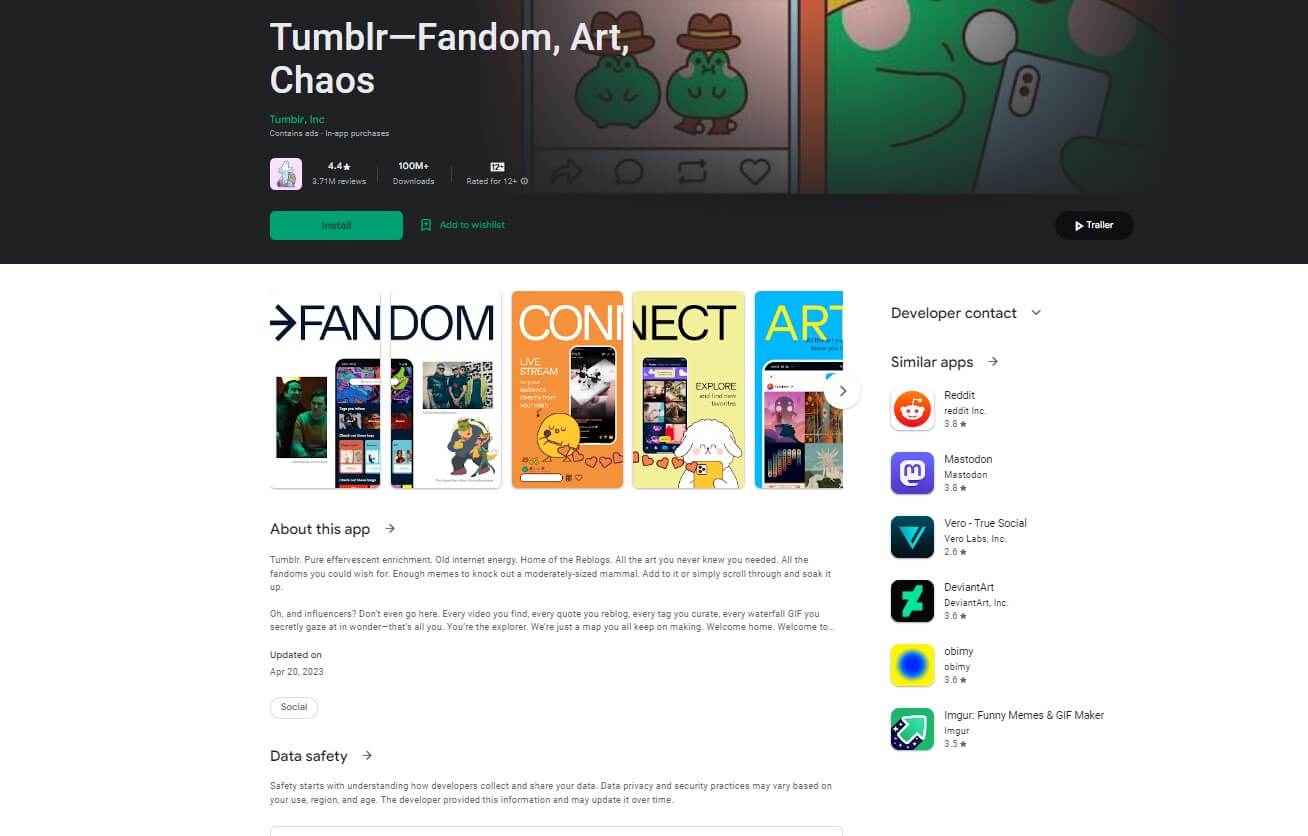
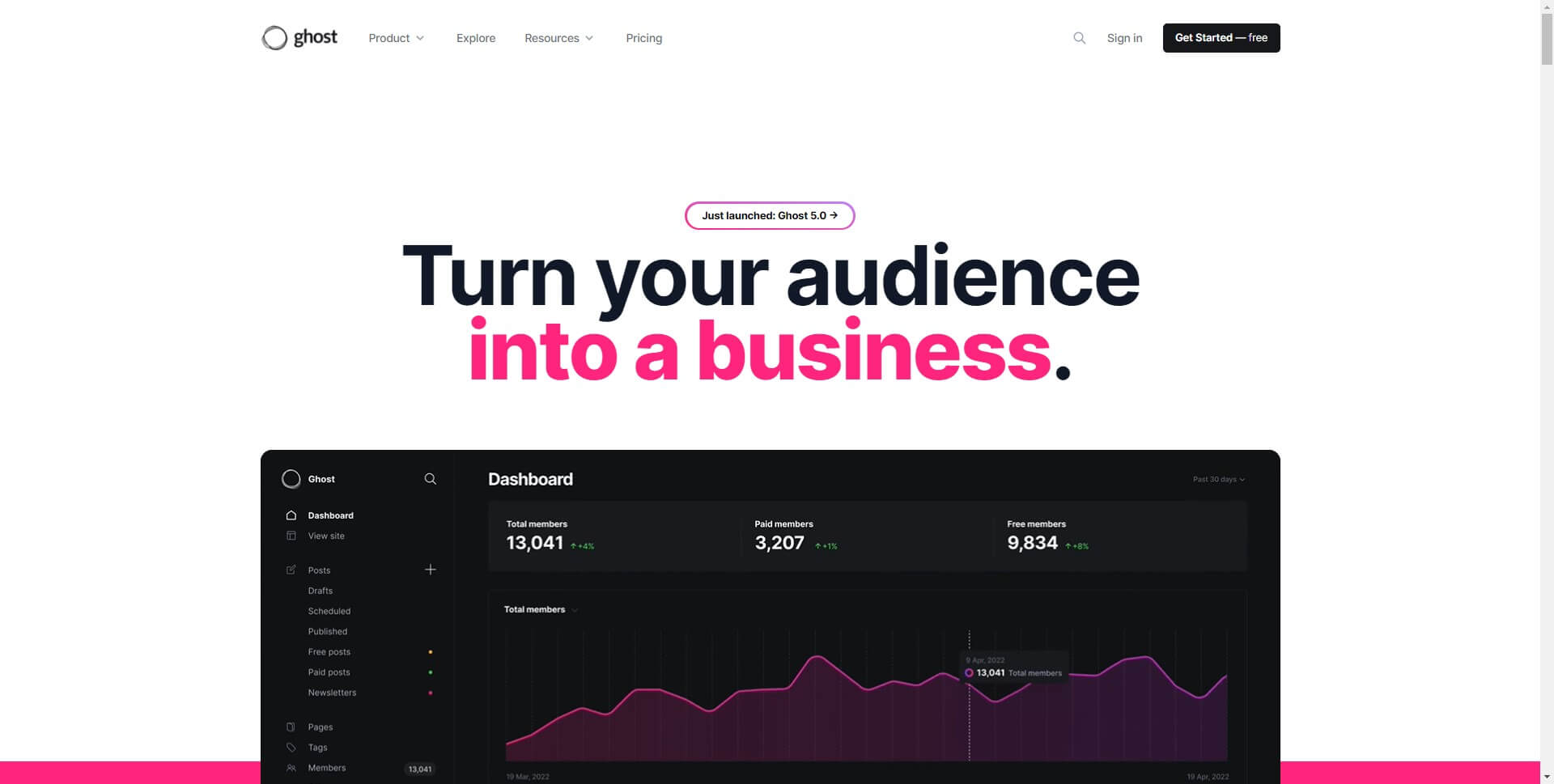
2. Use a pseudonym
Instead of using your real name, create a pseudonym or alias to use on your blog. Make sure it's unique and not linked to any of your personal information. Here are some other specific ways to use a pseudonym effectively:
- Choose a name that is not connected to your real identity: When selecting a pseudonym, avoid using any part of your real name or anything that can be easily traced back to you. Use a name that is unique and unrelated to your personal life.
- Consider the tone and theme of your blog: Your pseudonym should align with the tone and theme of your blog. For example, if your blog is about finance, you might choose a
- Use a variation of your real name: If you still want your pseudonym to have some connection to your real identity, consider using a variation of your name. For instance, if your name is John Smith, you could use J. Smith, Jon S., or a similar variation.
- Use a random name generator: If you're struggling to come up with a pseudonym, there are plenty of random name generators available online that can help you create a unique name. To help with this, you can use tools like Fake Name Generator, which can generate realistic names, addresses, and other details that can be used to create your online persona.
- Avoid using numbers and symbols: When creating your pseudonym, avoid using numbers or symbols as they can be difficult to remember and look unprofessional.
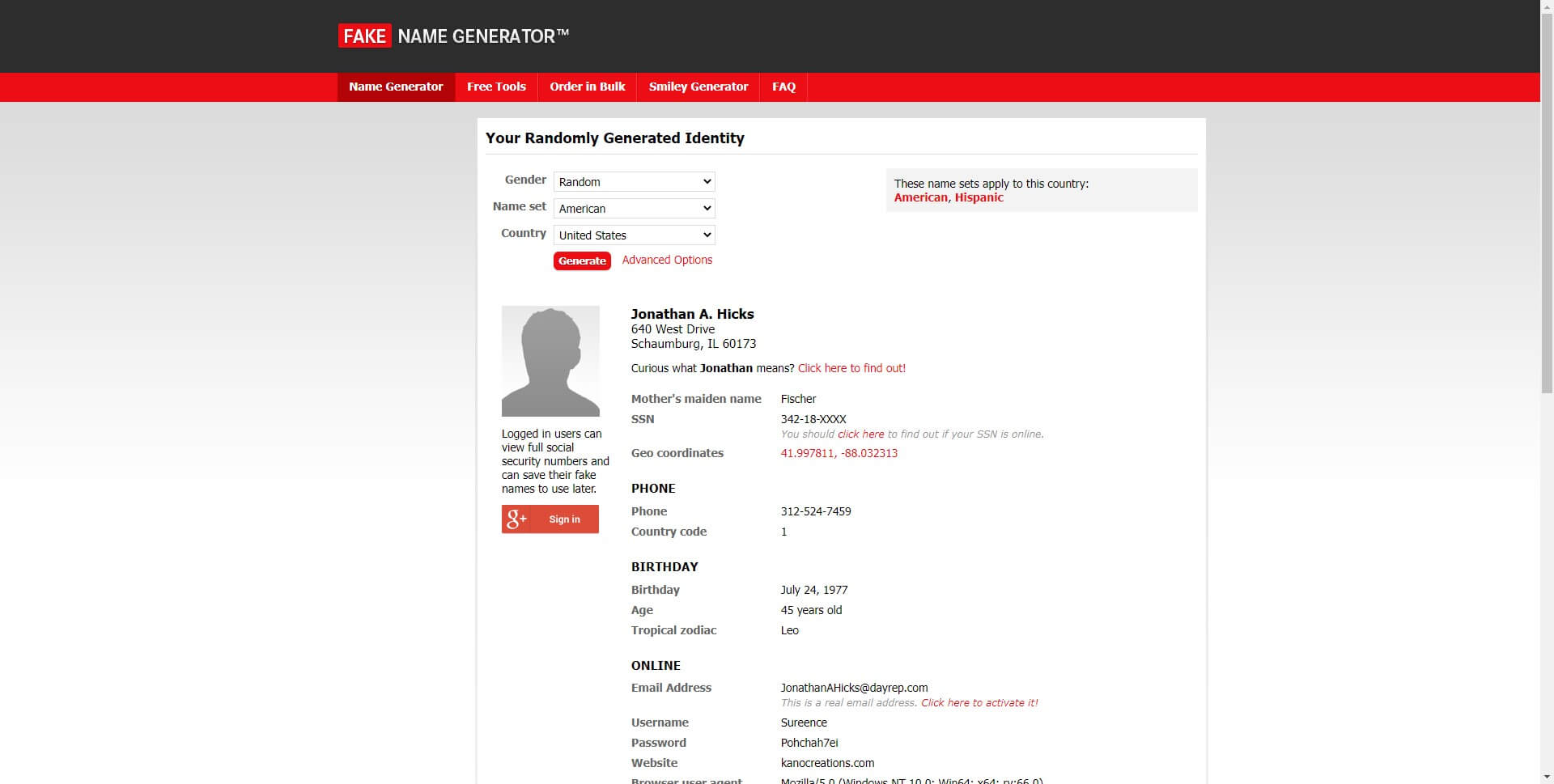
3. Avoid using personal details
To protect your anonymity, avoid sharing any personal details on your blog, such as your location, age, or occupation. This can help prevent anyone from identifying you through your writing. Here are two specific ways to achieve this:
- Avoid sharing personal stories: While personal stories can be compelling, they can also reveal a lot about you. Try to focus on more general topics and avoid sharing any details that could give away your identity.
- Be careful with photos: Avoid using photos that could reveal your location or identity, such as photos of your home or workplace. Stick to generic stock photos or use images that don't reveal anything about you.
4. Use encryption
Encrypting your blog can add an extra layer of security to your content. If you want to take extra precautions, you can use Tor or a virtual private network (VPN) to further enhance your security. Tor is a free software that allows you to browse the internet anonymously, while a VPN encrypts your internet traffic and hides your IP address from potential snoopers. Here are a few VPN tools that individuals can use to start an anonymous blog:
- NordVPN: a popular VPN service that offers strong encryption, fast connection speeds, and a no-logs policy, which means that they do not store any information about your online activity.
- ExpressVPN: another great VPN option that offers high-speed connections, a wide range of server locations, and robust encryption to protect your online privacy.
- ProtonVPN: a free VPN service that offers strong encryption, unlimited bandwidth, and a strict no-logs policy. They also have a paid version that includes additional features like secure core servers and TOR integration.
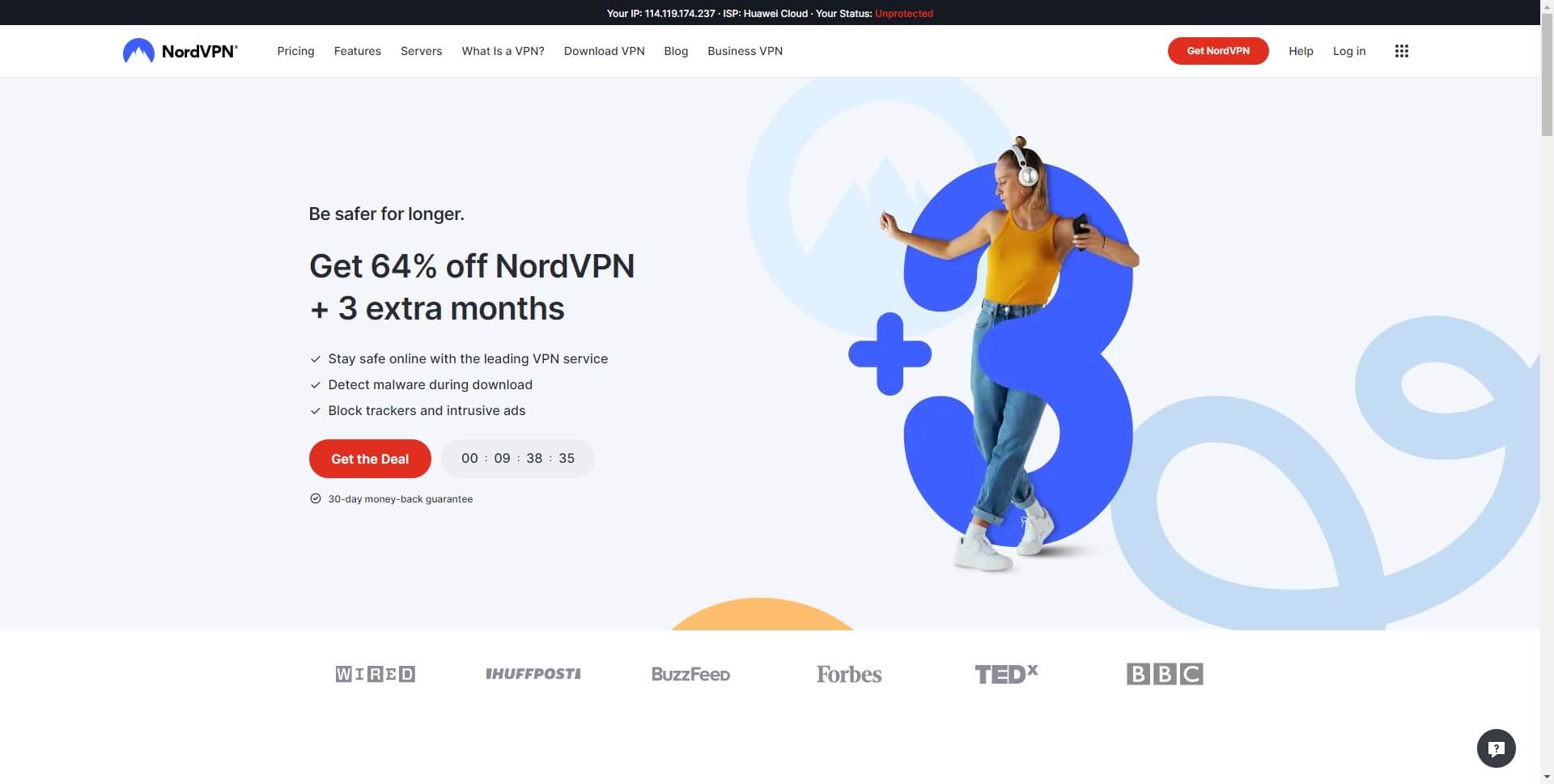
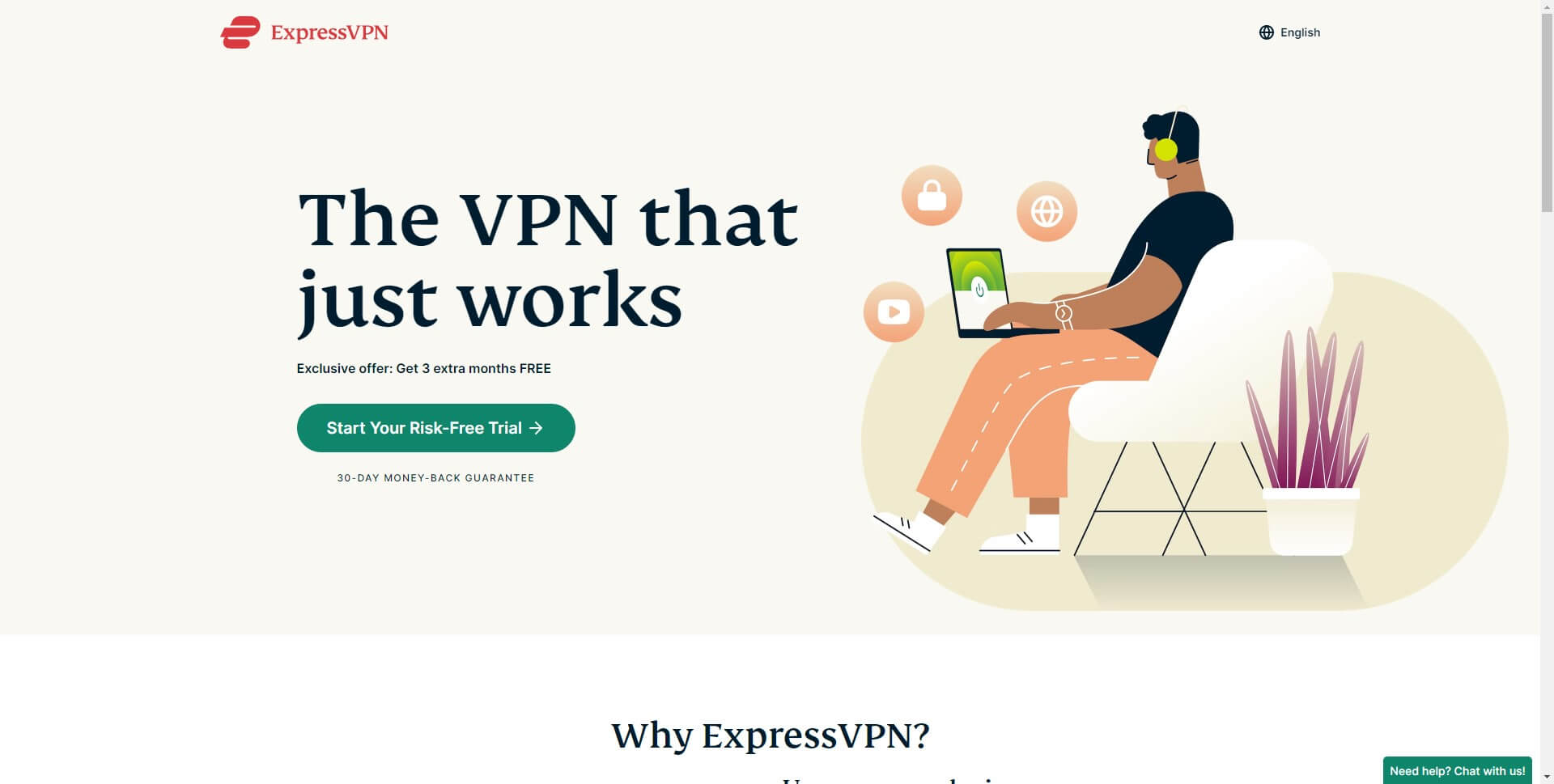
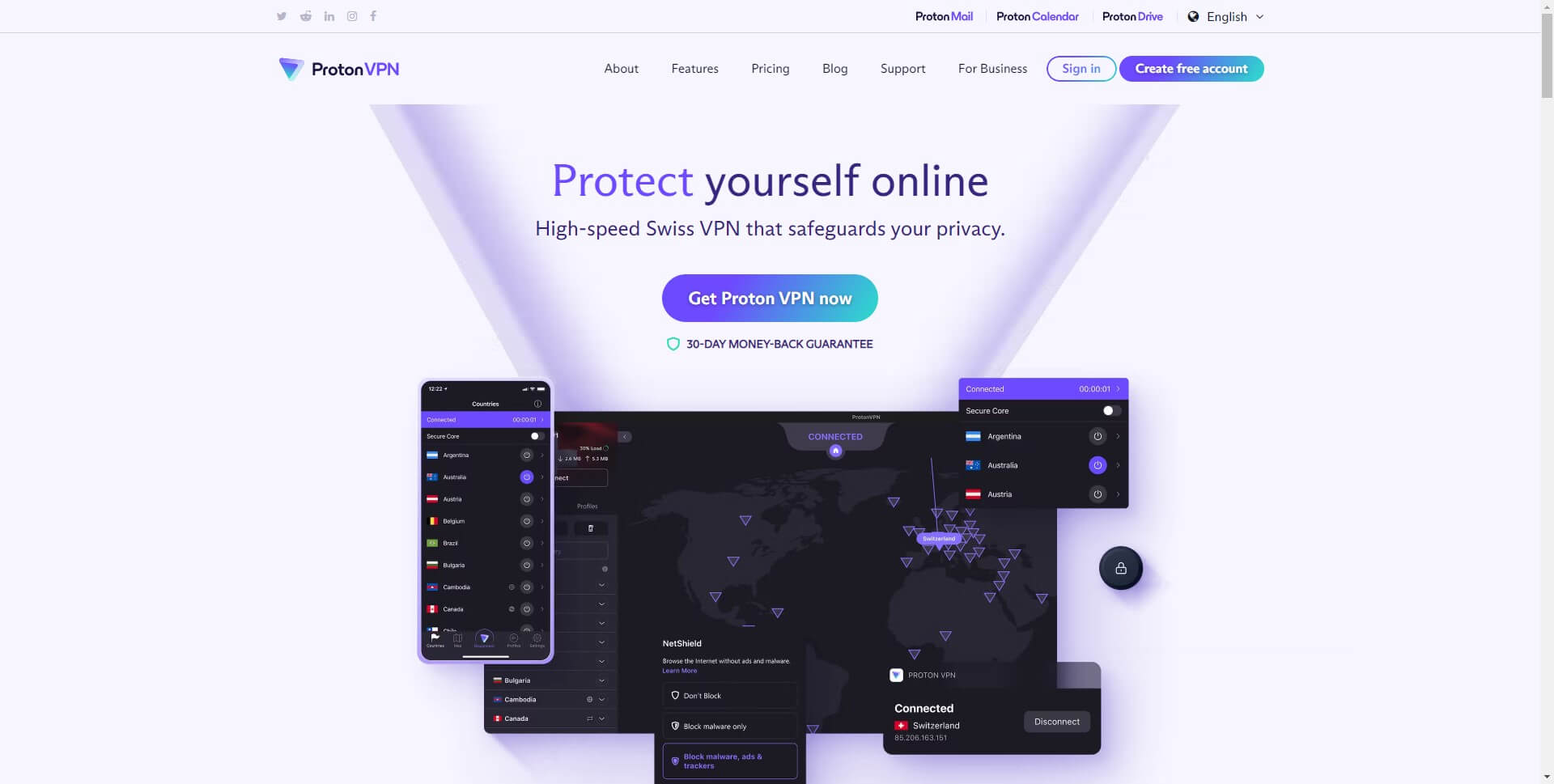
5. Use anonymous payment methods
If you need to purchase a domain name or hosting service for your blog, consider using anonymous payment methods. There are a few different options for anonymous payments, but two of the most popular are Bitcoin and prepaid credit cards. Bitcoin is a decentralized digital currency that allows you to make anonymous transactions without involving a bank or other financial institution. Prepaid credit cards can be purchased with cash and used to make online purchases without revealing your identity.
When using Bitcoin or prepaid credit cards, it's important to take some additional steps to protect your privacy. For example, if you're using Bitcoin, you may want to use a VPN as I mentioned above to mask your IP address and avoid leaving a digital trail. Additionally, if you're using a prepaid credit card, you should be sure to purchase it with cash and not use your real name when registering the card.
FAQs
Q1: Is it legal to start an anonymous blog?
A: Generally, yes. In most countries, there are no laws that prevent someone from starting an anonymous blog. However, it's important to note that there may be certain restrictions or guidelines that need to be followed, such as not engaging in illegal activities or violating someone else's rights.
Q2: How can I ensure my anonymity while blogging?
A: There are several steps you can take to maintain your anonymity while blogging. First, use a pseudonym or pen name instead of your real name. Second, use a private email address and do not share personal information such as your location, workplace, or contact information on your blog or social media accounts. Third, consider using a virtual private network (VPN) to mask your IP address and location. Fourth, use a blogging platform that respects your privacy and does not require you to provide personal information.
Q3: What are some good platforms for anonymous blogging?
A: There are several platforms that are popular for anonymous blogging, including WordPress, Tumblr, and Medium. However, it's important to research each platform to determine if they respect your privacy and allow you to blog anonymously without revealing personal information.Q4: How can I promote my anonymous blog without revealing my identity?
A: There are several ways to promote your anonymous blog without revealing your identity. First, use social media accounts that are not associated with your real name or personal information. Second, consider reaching out to other bloggers in your niche and collaborating with them to promote each other's content. Third, use online forums and communities to share your blog and engage with potential readers.
Q5: How can I protect myself from cyber attacks or hacking attempts on my anonymous blog?
A: There are several steps you can take to protect yourself from cyber attacks or hacking attempts on your anonymous blog. First, use a secure and reputable hosting service. Second, regularly update your blogging platform and plugins to ensure that any security vulnerabilities are patched. Third, use strong and unique passwords for your blog and email accounts. Fourth, consider using two-factor authentication to add an extra layer of security to your accounts.
Conclusion:
Commencing an anonymous blog can be an empowering encounter that liberates you to express your thoughts and ideas without the apprehension of negative criticism or backlash. With the guidance of our expert tips and tricks, you can create an anonymous blog effortlessly today and commence conveying your ideas with the world. It's imperative to keep in mind that prioritizing your online privacy and safety is crucial as you embark on this new journey.





















